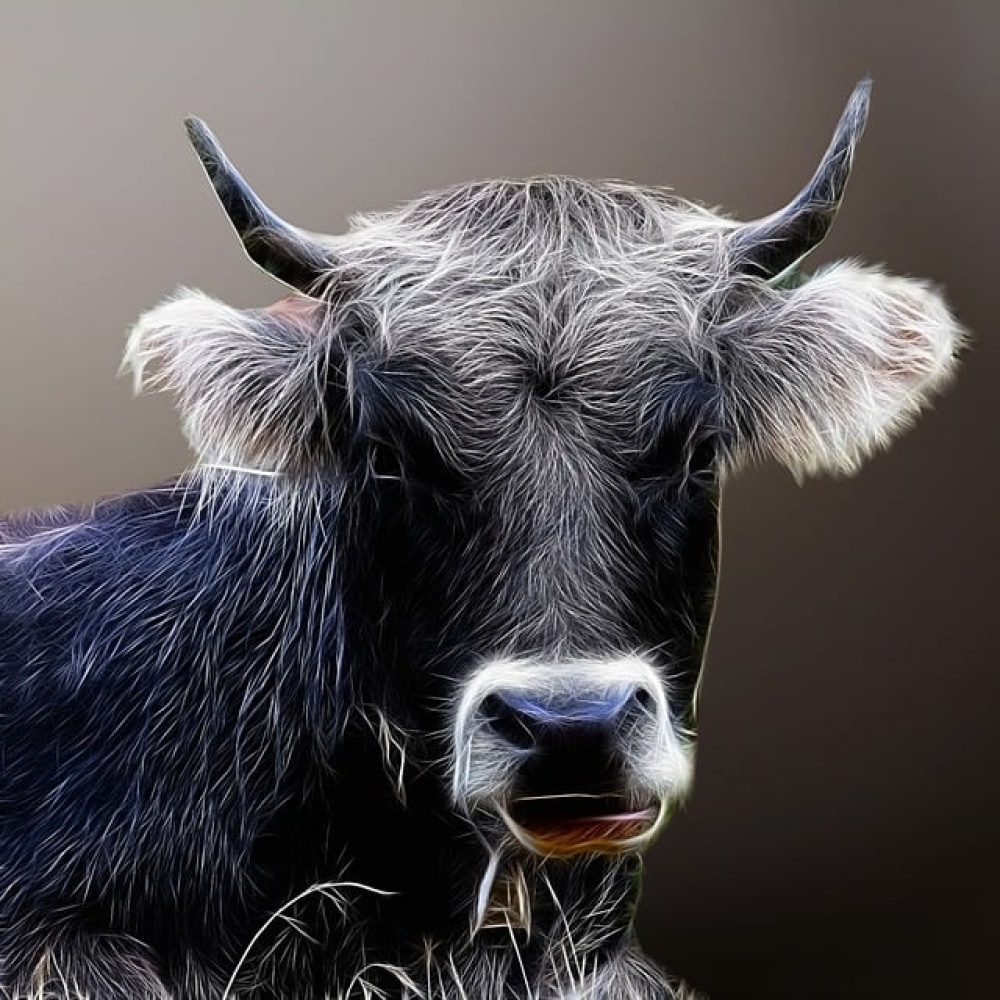The Unity of Creation Principle
First Corinthians 9:9–10 states, “For it is written in the Law of Moses, ‘You shall not muzzle an ox when it treads out the grain.’ Is it for oxen that God is
concerned? Does he not certainly speak for our sake? It was written for our sake, because the plowman should plow in hope and the thresher thresh in hope of sharing in the crop.” In 1
Corinthians 9:9–10, Paul and Sosthenes (1:1) reference Deuteronomy 25:4, which states, “You shall not muzzle an ox when it is treading out the grain.” Deuteronomy 25:4
permits oxen to consume some of the crops they work on. In other words, Deuteronomy 25:4 demands that oxen be able to sustain themselves with the fruit of their labor. Analogously, in 1
Corinthians 9:9–14, Paul and Sosthenes apply the principle of Deuteronomy 25:4 to validate Christian preachers getting compensation for proclaiming the gospel. Thus, like the oxen,
these ministers can also support themselves with their earnings from working. Since Paul and Sosthenes used a verse written for animals (Deut 25:4) and implemented its concept to humans (1
Cor 9:9–14), it shows that certain biblical principles can be applied to both. Thus, with The Unity of Creation Principle, our ministry employs some verses or passages written for
humans and applies them to animals.


